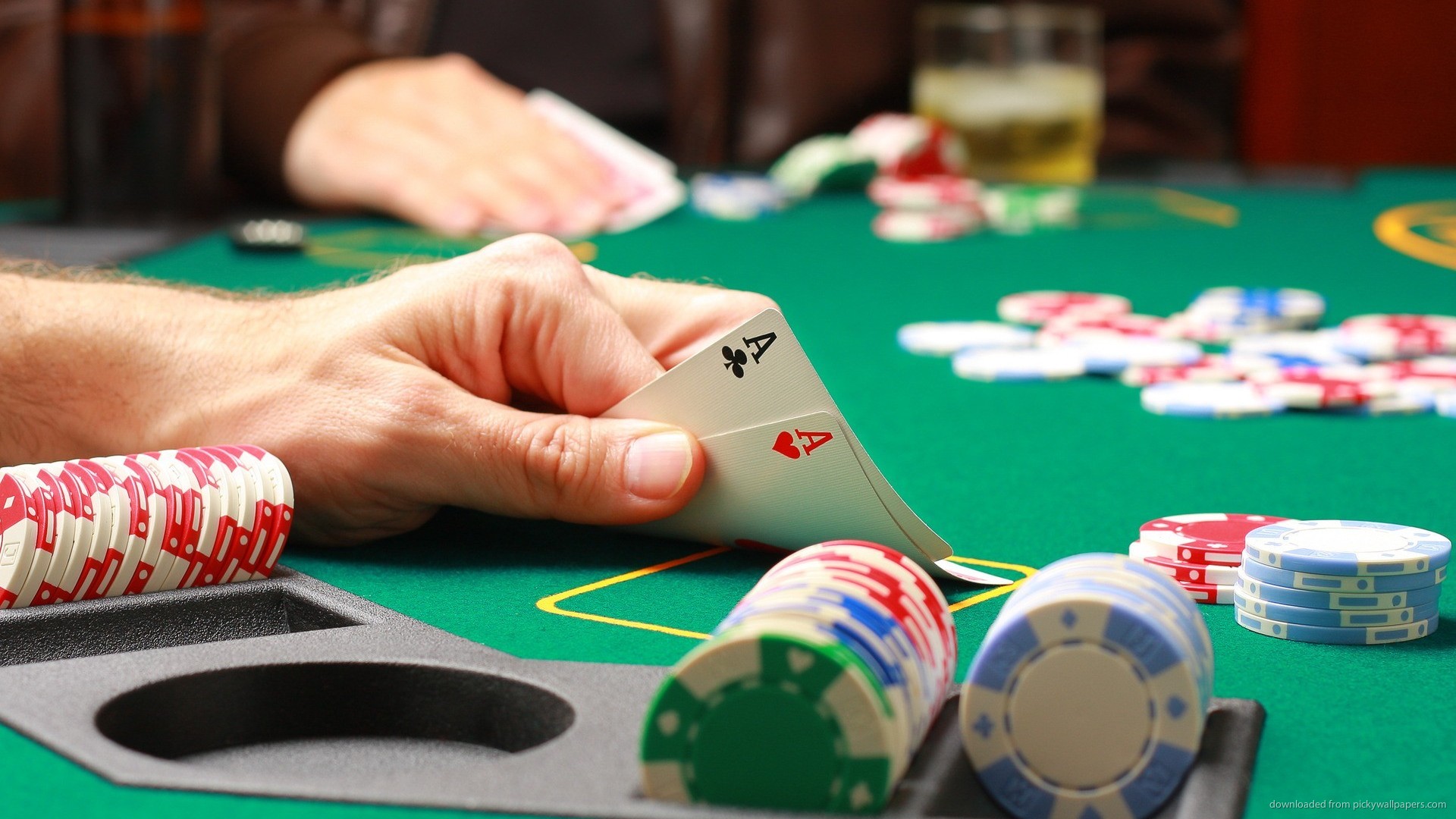UK Experts: Thriving Illegal Market and Lack of Regulation Create Atmosphere Ripe for Manipulation
Sports betting experts detail the threat to integrity of professional sports through illegal wagering
Leading voices from the United Kingdom have released new information detailing how a legal, regulated sports betting market will enhance the integrity of sports in the United States, not diminish it as outdated myths have long suggested. Dr. David Forrest and Rick Parry, two leading experts within the UK sports betting world, released their report, The Key to Sports Integrity in the United States: Legalized, Regulated Sports Betting, detailing how the United States must adopt an approach similar to that in the United Kingdom to allow legal, regulated sports betting in an open and transparent market.
“The federal ban on sports betting has failed,” said Geoff Freeman, president and CEO of the AGA. “American sports fans have shown a strong desire to wager on sports and a legal market would preserve the integrity of the games fans love to watch.”
“Despite being illegal, betting on sports is a common and generally accepted activity for Americans,” said Parry, chair of the United Kingdom Sports Betting Integrity Panel. “In fact, the proportion of American adults who place illegal wagers on sports proves to be roughly the same as those betting legally in Great Britain.”
Forrest and Parry’s research concludes the following:
1) Americans want to bet on sports and prohibition has largely failed as the restrictions are ignored.
o Despite being illegal, betting on sports is a common and generally accepted activity for Americans. This is done casually through office pools or more seriously and systemically through illegal bookies or offshore gaming sites. In short, sports betting is taking place – on a significant scale – despite being illegal. In fact, the proportion of American adults who place illegal wagers on sports proves to be roughly the same as those betting legally in Great Britain.
2) Left unchecked, black market gambling in the United States has thrived.
o The United States and China represent the largest illegal sports betting markets in the world. By way of example, an illegal sports bookmaker who was prosecuted in New Jersey in the late 1990s had an annual volume of $200 million, higher than the largest legal bookmaker in Las Vegas.
3) Illegal gambling threatens the integrity of sports.
o Legalized and regulated sports betting brings with it transparency and oversight, both for sports book operators and customers. However, illegal sports betting has no such transparency or mechanisms available for tracking bets, making it an ideal venue in which to profit from the manipulation of sports. Cutting off the flow of funds into the illegal market is critical to removing the incentives for manipulation.
4) A legalized, regulated market would layer in consumer protections against the potential problems associated with sports betting, allowing these problems to be addressed and better controlled.
o The problems the Professional and Amateur Sports Protection Act of 1992 (PASPA) sought to address, such as problem gambling and crimes associated with sports, such as match fixing and point shaving, can instead go unnoticed in an unregulated environment. By creating a legal regime, individuals are permitted, within limits, to engage in an enjoyable activity while consumer protections create transparency and accountability to address potential problems linked to sports betting.
5) America should look to nations with mature sports betting markets, like Great Britain, when adopting a legalized framework.
o To reap the benefits of a legal sports betting market, America must put in place a robust regulatory structure with appropriate controls. Keeping fixers’ money and manipulation out of sports must be a collaborative effort that brings together the expertise of regulators, betting operators, police authorities and the governing bodies of sports. It is vital that a new, legal market is made attractive for consumers in order to ensure they move away from black market betting. Looking at the legislative mistakes made by some countries when legalizing sports betting will allow America to implement a strong framework at the start, and make it far less likely that it will have to amend weak or ineffective laws later on.
“Our research concluded that legalized and regulated sports betting is in fact a necessary condition to preserve and protect the integrity of sports,” said Dr. Forrest, professor of economics at the University of Liverpool Management School and honorary professor at Macau Polytechnic Institute.
AGA recently estimated that fans across the country will bet $90 billion on NFL and college football games this season. However, $88 billion – or 98 percent – of all bets will be made illegally thanks to PASPA, the failed federal government ban signed in 1992 that prohibits sports betting outside of Nevada.






